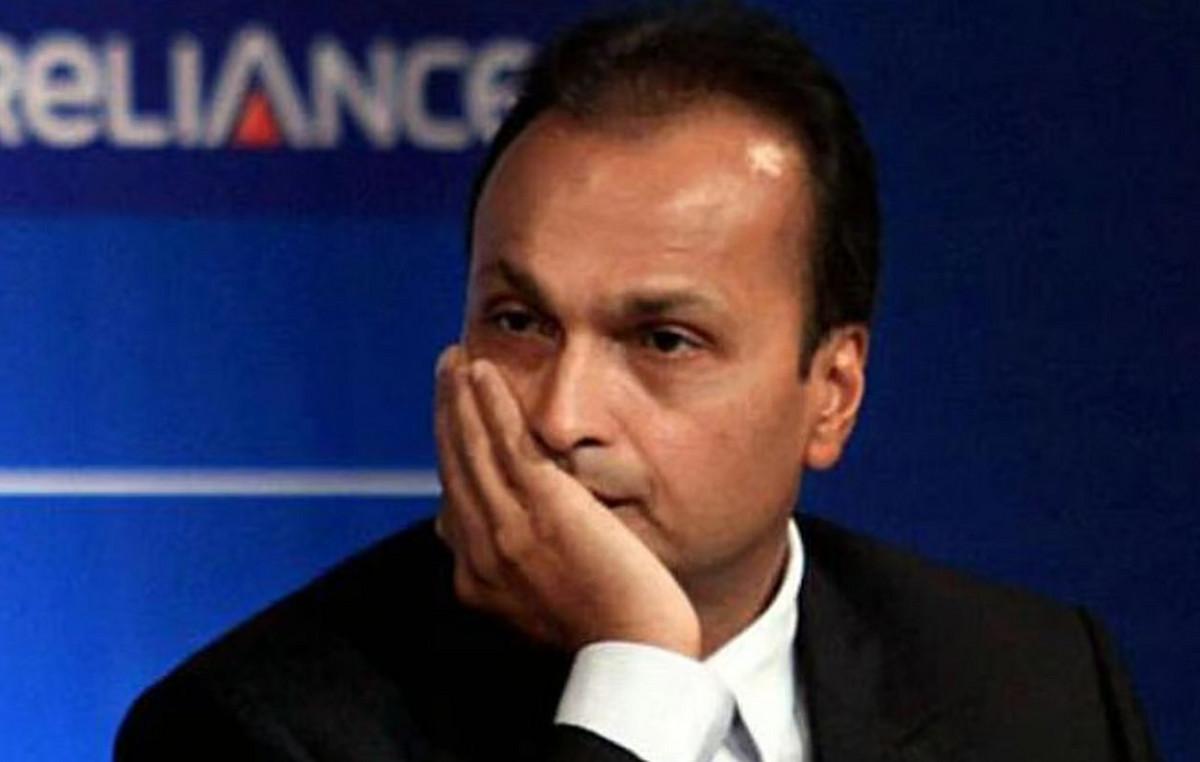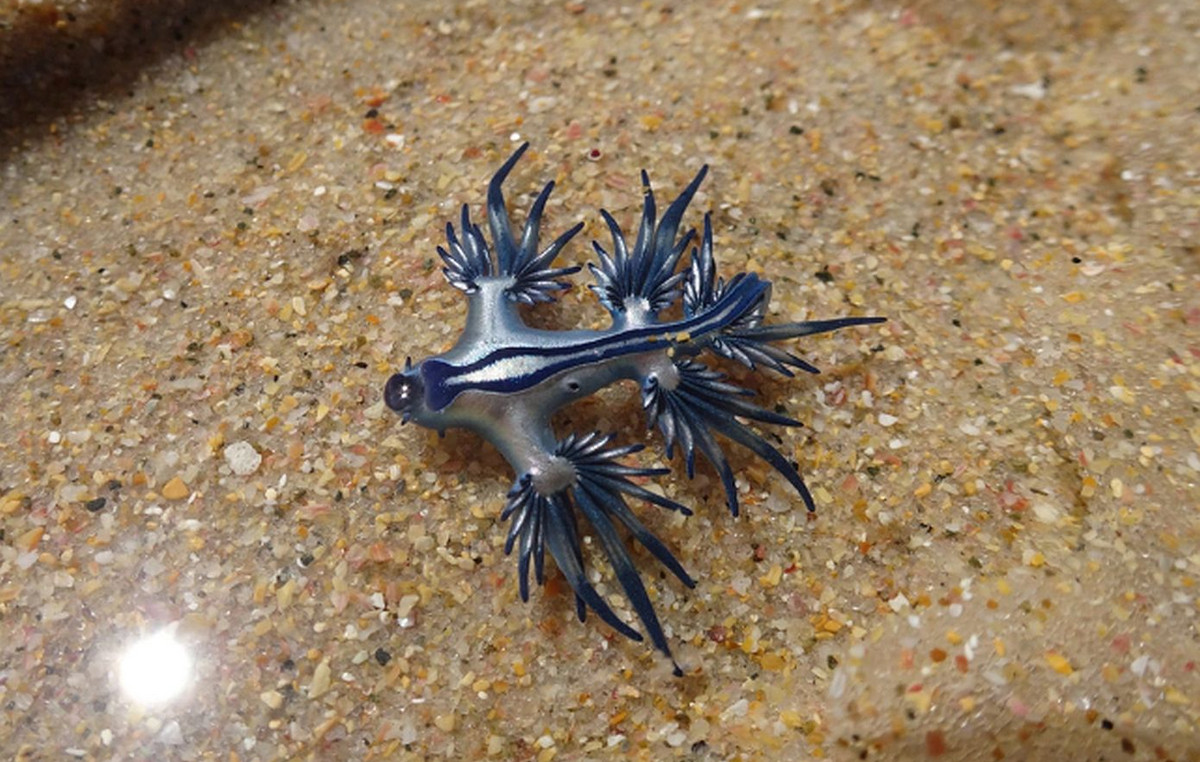The Chinese economy showed signs of recovery in May, when industrial production unexpectedly rose, but consumption was still weak and highlighted the challenge for authorities amid the persistence of tight restrictions against Covid-19.
The data, however, provides a path to revitalize growth in the world’s second-largest economy, after businesses and consumers were hit hard by full or partial lockdowns in dozens of cities in March and April, including a prolonged downtown shutdown. Shanghai business.
Industrial production grew 0.7% in May from a year earlier, after a 2.9% drop in April, data from the National Bureau of Statistics showed on Wednesday. Analysts in a Reuters poll had expected a decline of 0.7%.
The rise in the industrial sector was supported by the easing of restrictions against Covid and strong global demand. China’s exports grew at a double-digit pace in May, exceeding expectations as factories resumed operations and logistical difficulties eased.
The mining sector led with an annual production increase of 7.0% in May, while the manufacturing sector grew by 0.1%, mainly driven by the production of new energy vehicles, which grew 108.3% in compared to the previous year.
“The activity data paints a picture of an economic recovery in May, but only a slow picture,” said Iris Pang, chief China economist at ING.
“The government is likely to respond to this economic weakness by providing more fiscal stimulus.”
Fu Linghui, a spokesperson for the agency, told a news conference that he expects the recovery to improve further in June due to government support.
However, “the international environment is still complex and harsh,” he said, highlighting the risks to the outlook.
“Our domestic recovery is still in its early stages with key indicators growing at low levels,” said Fu.
weak consumption
That caution was highlighted in consumption data, which remained weak as buyers were confined to their homes in Shanghai and other cities. Retail sales fell 6.7% in May from a year earlier, after an 11.1% contraction in the previous month.
Sales were slightly better than the forecast for a 7.1% decline due to increased spending on staples such as grains, edible oils and food and beverage.
Fixed-asset investment, an engine of growth that officials had hoped would support the economy, grew 6.2% in the first five months, against expectations of a 6.0% rise, but slowing after a 6.8% gain in first four months.
Source: CNN Brasil
I’m James Harper, a highly experienced and accomplished news writer for World Stock Market. I have been writing in the Politics section of the website for over five years, providing readers with up-to-date and insightful information about current events in politics. My work is widely read and respected by many industry professionals as well as laymen.







